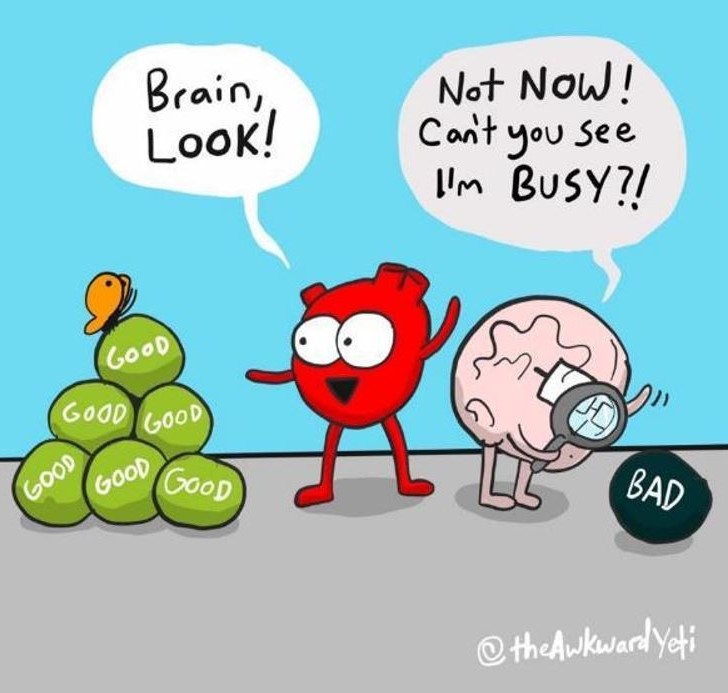
RCSItogether – Bulletin 21 – Imposter Syndrome, Cystic Fibrosis Research, Womens Mental Health and Self-Compassion

Dear Colleagues,
I hope you were able to attend the virtual Townhall on Wednesday where you would have gained more clarity on the steps we have taken to ensure a safe return to campus for our staff and students as well as understanding our individual role and responsibility in creating our new normal. If you missed it, you can watch the recording here. A gentle reminder to please take 5 minutes to participate in our July Pulse Survey, the results from this survey will further assist your department, HR, Estates Departments and the Senior Management Team to better understand your thoughts and any concerns you might have in relation to returning to campus – this is all in support of RCSI’s efforts to keep you safe, as well as reinforcing the personal responsibilities we all have, to support each other and keep us all safe and well. Survey links were sent from quality@rcsi.ie on Monday morning to all staff. Please do not forward the email you received to others as it contains your own, unique link to the survey. If you have any questions about the survey please contact the RCSI Quality Enhancement Office quality@rcsi.ie. The survey will take about five minutes to complete and will be open until 5pm on Wednesday, 22 July.
#RCSItogether-Learning
Those who experience imposter syndrome often believe they are inferior to others, can be plagued by self-doubt or believe they have faked their way into positions despite impressive accomplishments. Up to 70% of both women and men, especially high-achievers, experience imposter syndrome at some point in their career. Imposter syndrome does not necessarily equate to a lack of self-confidence or self-esteem, in fact, some researchers have linked it with perfectionism, especially in women and among academics. This false belief system leads some people to self-sabotage, turn down career and growth opportunities, and can limit their own career trajectories. This article in the Harvard Business Review looks at some definitions of imposter syndrome and some useful steps for dealing with it https://hbr.org/2008/05/overcoming-imposter-syndrome. As ever, there is a LinkedIn Learning course on this topic if you would like to further your learning about this issue.
Our colleague Martina Crehan recently shared The IUA Enhancing Digital Teaching & Learning in Irish Universities very useful resource page which focuses on the move to a more blended approach to teaching and learning in the academic year 2020/21. Topics include module design and a consideration of the student voice https://edtl.blog/the-edtl-approach/
#RCSItogether-Medical Science
The RCSI Discover blog has published a new article looking at research on cystic fibrosis and how the inhibition of specific molecules in the body may prove to be a promising therapeutic strategy for treating patients. The research comes from RCSI’s Department of Clinical Microbiology located in the Smurfit Building on the Beaumont Hospital campus, which we invite you to learn more about here.
#RCSItogether-Minding Others
When you care for others it can be harder to mind yourself. The National Women’s Council of Ireland (NWCI) launched a recent campaign highlighting how women’s caring responsibilities can impact their mental health and wellbeing. The aim of the campaign is to draw attention to issues impacting women’s wellbeing, to support women’s experiences and to signpost women to available supports. In a survey carried out by the NWCI with almost 1,500 women in May, 85% of women said their caring responsibilities had increased since COVID-19, while 55% said they had less time for their mental health.
For those that need mental health support there are a variety of services provided through the HSE and their funded partners that can be found on YourMentalHealth.ie. An example of these services is a recently launched text-based mental health service, funded by the HSE, which provides everything from a calming chat to immediate support for people going through a mental health or emotional crisis. You can also find internal supports like the RCSI EAP service and other wellbeing resources on the COVID-19 Supports and Resources for Staff page of the staff portal.
#RCSItogether-Minding Yourself
How comfortable are you with being uncomfortable? No one likes to experience feelings of disappointment, anger, frustration, grief or pain, but noticing these difficult emotions and processing them with self-compassion and curiosity creates a sense of psychological safety for yourself. In research studies, people who have greater levels of self-compassion tend to be more motivated, less lazy, and more successful over time. Psychologist Susan David, explains how you can cultivate this quality by asking yourself questions about your uncomfortable emotions which will help you gain a greater level of perspective about yourself and engages your curiosity about who you are as a human being. She explores how important having a sense of emotional agility is in order to become more resilient and even thrive in an increasing challenging world. You can read her full article here including a TedTalk where she speaks about ‘The gift and power of emotional courage’.
Finally, we would like to share with you a lovely reminder that Simon Horne shared this week about how we can choose to focus on the good and beautiful in life – it’s all about creating a positive mindset!

Have a lovely weekend and continue to take care of yourself and each other,
Barry & the HR Team
